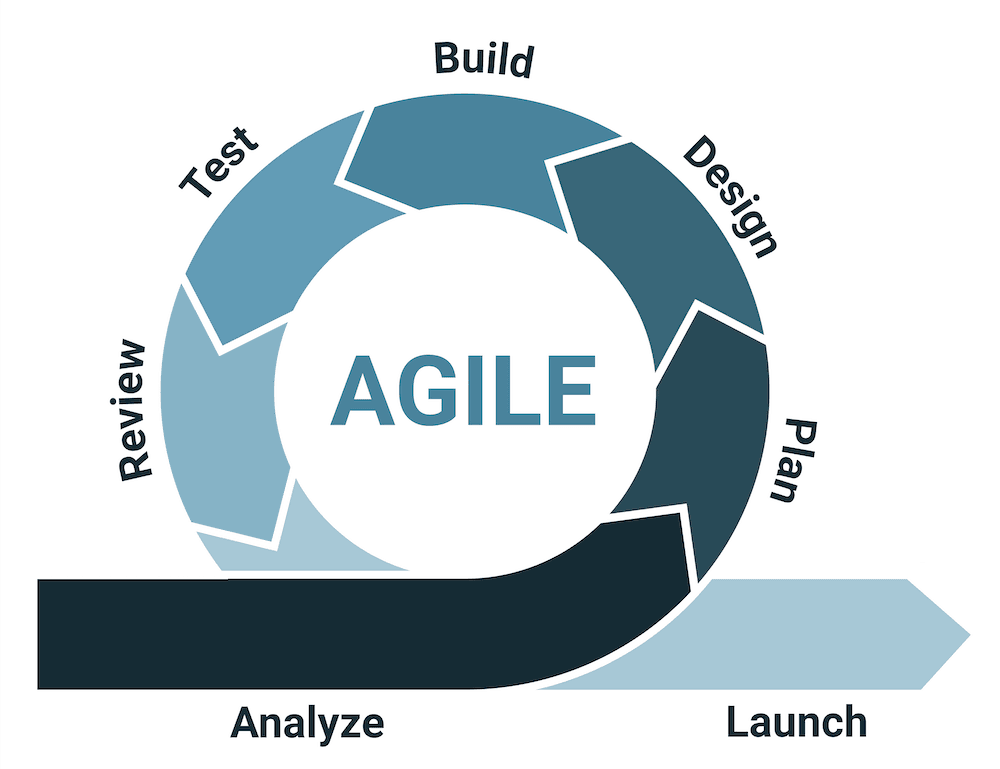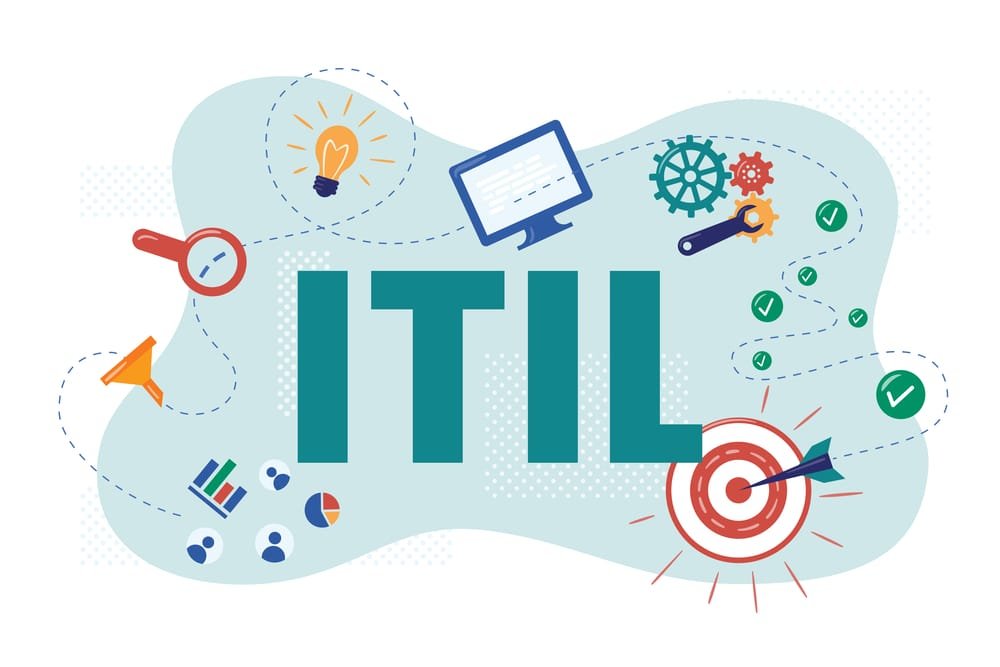Is It Difficult to Earn a PMP Certification?

The Project Management Professional (PMP)® certification is among the first qualifications that most employers look for in potential project manager candidates. How challenging is it, then, to earn your PMP certification?
You must fulfil specific Project Management Institute (PMI) requirements and pass a challenging certification exam in order to obtain the PMP certification. The PMP certification is challenging, but it is not impossible. A challenging PMP certification procedure has been developed by PMI. In addition to having to fulfil a number of requirements in order to even be considered for the exam, the PMP exam is designed to gauge your knowledge and competence in every aspect of project management.
The PMP Certification test is challenging. Your knowledge of a variety of project management concepts and techniques will be put to the test. You will struggle to perform well if you are not ready for the difficulty of the exam’s questions.
Is the failure rate known?
The PMP exam is renowned for its difficulty, but PMI withholds specific data regarding the passing score or failure rate. Only about half of first-time test takers pass the PMP exam, according to some surveys of project experts, who estimate the failure rate to be between 40 and 50 percent. However, the failure rate for the PMP exam is not publicly available. Although some sources may claim a failure rate or a passing PMP score, these are only estimates, and the majority of them are typically wrong. Since the exam is graded using psychometric analysis, there is probably no strict ratio of correct to incorrect answers to determine whether you pass or fail.
Your exam will be graded by a PMI-approved testing facility, which will take into account the difficulty of each question when assessing your knowledge, skills, and aptitude. If you correctly answer all of your easy questions but incorrectly answer all of your difficult questions, your scoring will take the difficulty of your questions into account, and you will most likely not pass the PMP exam. Your scoring will differ from that of any other candidate’s because each PMP certification exam has a different set of questions. While another candidate might answer 70% of their questions correctly and succeed, you might only answer 65% of your questions correctly and pass.
How difficult is the exam for PMP certification?
The PMP exam is lengthy and difficult. It covers a vast amount of material and assesses your capacity to comprehend and use your knowledge as you would in real-world project management scenarios. By merely memorising PMP terms, concepts, and formulas, you cannot expect to pass. The amount of information you need to comprehend is one of the factors contributing to the PMP exam’s difficulty. You ought to be well-versed in the best practises that are frequently applied in contemporary project management. Your knowledge base ought to contain:
- Three domains make up the PMP Exam Content Outline (ECO) Environment of the Business, People, and Process
- 35 various tasks connected to these domains
- Different competencies are necessary for qualified project managers in any industry.
- Approaches to project management that are predictive (also known as waterfall), agile, and hybrid
- Formulas and mathematical ideas pertinent to the PMP
Despite the fact that the PMP exam is challenging, PMI is not attempting to mislead you or keep you from earning your PMP certification. This challenge is designed to make sure you fully grasp how to manage a project effectively in every way.
In conclusion, the PMP exam is a difficult certification test that necessitates a lot of commitment, drive, and self-control both before and during the test. Even though it is difficult, if you use these study techniques, you will have a good chance of succeeding on the test. Use these study tips to get ready for the PMP exam and earn this highly sought-after certification.





